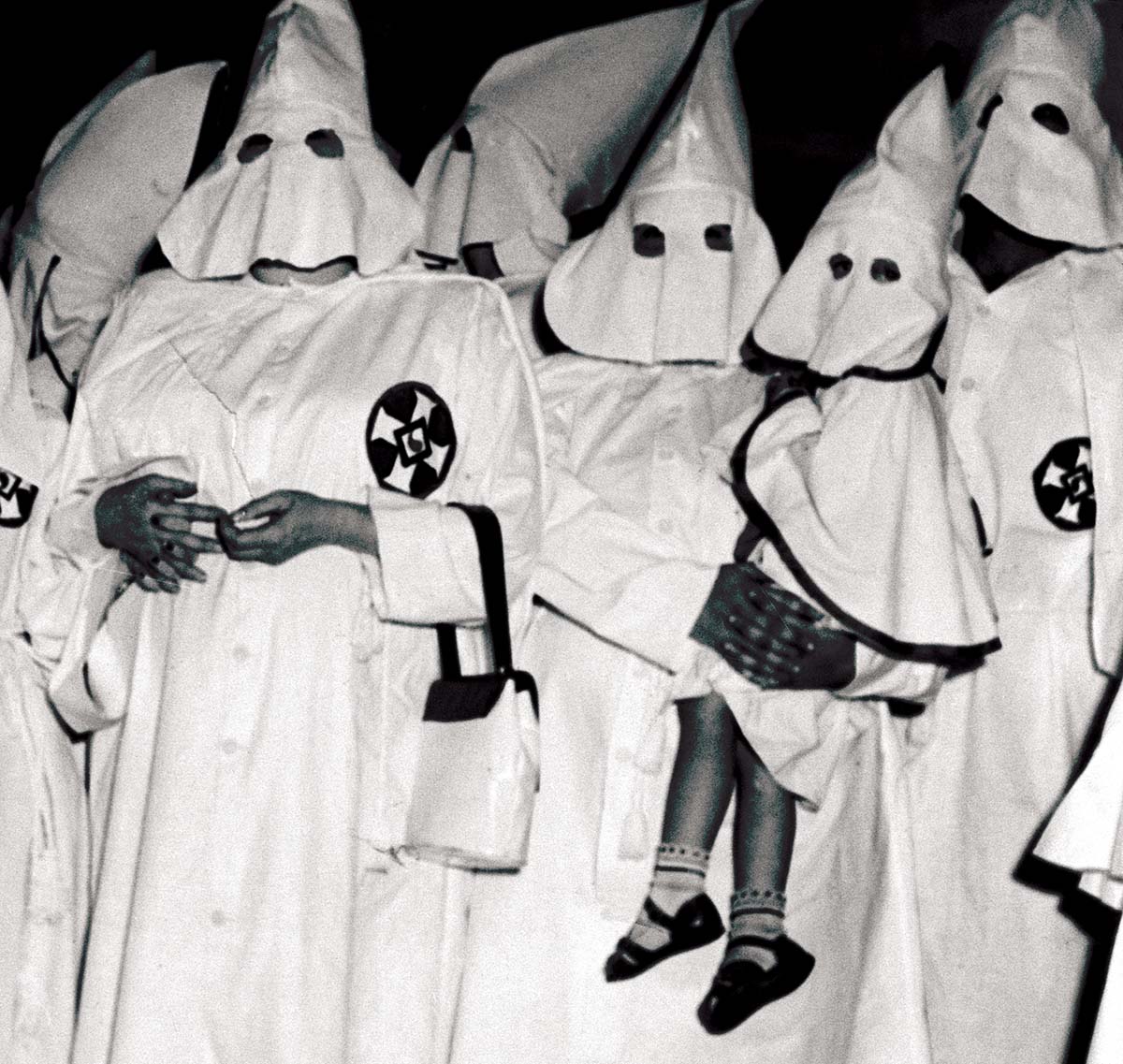
The Klan publicly asserted that a women's order could safeguard women's suffrage and expand their other legal rights. But their perspectives on gender roles were often progressive. Like their male counterparts, Klanswomen held reactionary views on race, nationality, and religion. During the 1920s, perhaps half a million white native-born Protestant women joined the Women's Ku Klux Klan (WKKK).

"All the better people," a former Klanswoman assures us, were in the Klan.

In so doing, she dismantles the popular notion that politically involved women are always inspired by pacifism, equality, and justice. In Women of the Klan, sociologist Kathleen Blee unveils an accurate portrait of a racist movement that appealed to ordinary people throughout the country. One of these stereotypes of the Ku Klux Klan offer a misleading picture.


 0 kommentar(er)
0 kommentar(er)
